If one is interesting in Archbishop Chaput's new book and what he saying I suggest the links here at Fantastic Interview with Archbishop Chaput's on his Book "Render Unto Caesar, about faith and politics."
A interview with Zenit Cathoic News Service is now up here at Faith and Politics: Better Together
These parts caught my eye:
Q: A chapter of the book was dedicated to St. Thomas More. In the same chapter you mention John F. Kennedy, the first Catholic president of the United States. What is the fundamental difference between these two Catholic political leaders?
Archbishop Chaput: As I say in the book, we should be wary of drawing too close a parallel between More’s situation and the problems facing American public officials. But More and his friend John Fisher stay so vivid in our memories for a reason. They kept their integrity at the cost of everything they had, including their lives. They put God before Caesar.
As for Kennedy, we need to remember the context of his 1960 campaign. Kennedy had plenty of talent and courage, but he also had to overcome 200 years of ingrained Protestant suspicion. Unfortunately, in easing those Protestant fears, he created a new and very flawed Catholic model of separating public service from private conviction.
He was acting in good will, and of course he couldn’t see the future -- but he did a great deal of damage. Over the past 40 years, his example has guided every Catholic public official who is “personally opposed” to some grave evil, but won’t do anything about it. We’re still suffering the effects.
Let me add I don't think the damage was limited to Catholic Politicians!!!
Elsewhere:
Q: In this election year there seems to be more talk of "wider" social issues that Catholics should consider when voting. How do you see this trend? And what do you see as the biggest issues facing Catholic voters this November?
Archbishop Chaput: The moral witness of the Church doesn’t change, whether it’s an election year or not. We face a lot of very important issues this fall: the economy, immigration reform, the war in Iraq. These are urgent and compelling, but they can’t be used as an excuse to ignore the unborn child.
No matter how much we want to cover it over with talk about “wider social issues,” the abortion struggle remains the foundational social issue of our time. There’s no way of wriggling around the profits, the brutality and the injustice of abortion with pious language or theatrical gestures. Abortion is legalized homicide. It has to stop. Every other right depends on the right to life. Q: The book is written mainly for a U.S. audience as it directly speaks of the Church in the United States. What could an international audience take away from the book?
Sunday, August 24, 2008
Archbisop Chaput- Can't Cover Up Evil of Abortion with Other Social Issues This Election
Posted by
James H
at
8/24/2008 01:08:00 PM
![]()
Labels: abortion. pro life, Catholic, Catholic Politics, catholic social justice, Catholics For McCain, democrats, McCain, obama, United State Catholics
Subscribe to:
Post Comments (Atom)


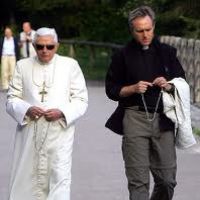

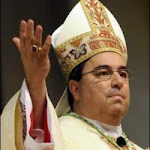



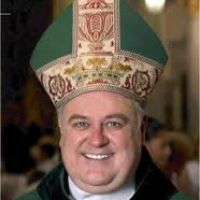
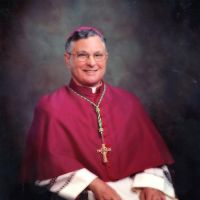



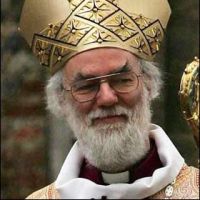
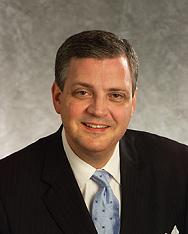
No comments:
Post a Comment